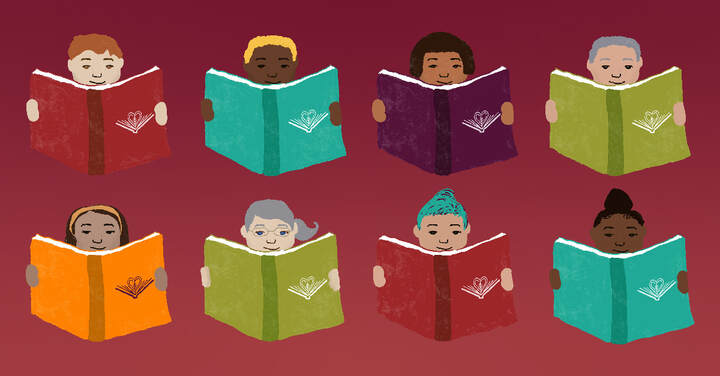
Reflecting Diversity: One of the primary reasons representation in children's literature is crucial is because it reflects the diverse world we live in. Children come from various cultural, ethnic, and socio-economic backgrounds, and they deserve to see themselves represented in the books they read. When children encounter characters who share their heritage or experiences, it validates their identities and fosters a sense of pride in their cultural heritage.

Building Empathy and Understanding: Children's literature has the power to transport readers into the lives of others, fostering empathy and understanding. When children encounter characters facing challenges or situations different from their own, it broadens their perspective and helps them develop empathy for others. For instance, a child reading about a character with a disability may gain a better understanding of the challenges people with disabilities face and develop empathy towards them.
Moreover, representation in children's literature can help break down stereotypes and misconceptions. By portraying diverse characters in multifaceted roles, authors challenge stereotypes and show that people are more than just a single narrative. This, in turn, encourages children to question societal norms and embrace individuals for who they are rather than predefined stereotypes.
Fostering a Sense of Identity and Belonging: For children belonging to marginalized communities, seeing characters who share their identities and experiences can be transformative. Representation in children's literature helps validate their experiences and fosters a sense of belonging. When children see characters who look like them achieving great things, it instills a sense of possibility and reinforces their belief in their own capabilities.
Representation can empower children to embrace their identities proudly and resist societal pressures to conform. By seeing diverse role models in literature, children are encouraged to celebrate their uniqueness and pursue their dreams, regardless of societal expectations.

 RSS Feed
RSS Feed